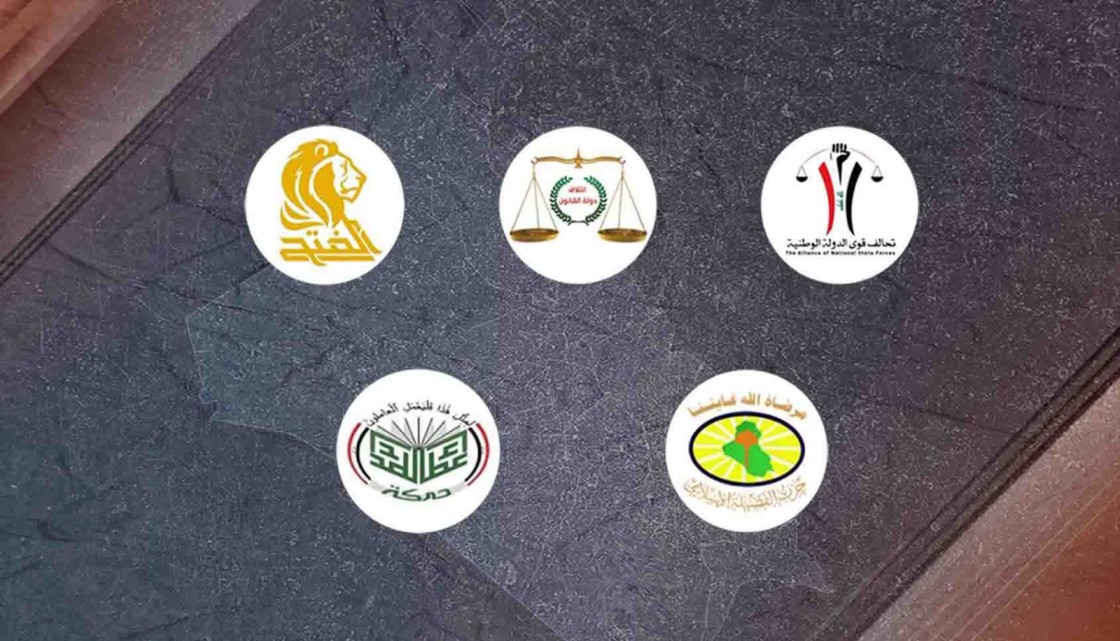After several days of anticipation and amidst intense political and legal debates, the councils of 13 Iraqi provinces, with the exception of Kirkuk and Diyala, finally elected their governors. However, despite the issuance of a decree by the presidency to appoint the elected governors, except for Salahaddin province, it's apparent that this move won't resolve the internal tensions within local governments. The election results and the allocation of positions have exacerbated the divide among rival factions, indicating a lingering discord in governance.
Challenges in Governor Appointments
The presidential decree issued on February 13, 2024, effectively concluded a contentious post-election dispute regarding the legal validity of governor election sessions. However, the status of the governor-elect of Salahaddin (Abu Mazen) remains in limbo due to 220 legal cases related to his previous tenure in the province. Furthermore, rival politician Mash'an al-Juburi has vigorously opposed his appointment. In Kirkuk and Diyala, two ethnically diverse provinces, consensus on governor appointments has yet to be reached. Given the intricate nature of negotiations in these provinces, indefinite delays are a distinct possibility.
Rebel Governors within the Shiite Framework
Despite emerging victorious in the 2023 final elections, the Shiite framework forces, represented by several separate lists, faced a significant setback in central and southern Iraq, the presence of three victorious governors, Asaad al-Eidani in Basra, Naseef al-Khattabi in Karbala, and Muhammad al-Mayahi in Wasit stood as formidable obstacles. This thwarted the replacement of the top-ranking officials in the local governments of Shiite provinces by figures associated with the Shiite framework, who had emerged as the initial winners in Sadr's absence. Notably, Basra holds the status of Iraq's economic capital, Karbala is revered as a holy city and pilgrimage site for Shiites, and Wasit is an agriculturally significant border province along the Tigris River.
The victory of these governors in council elections can be attributed, in part, to internal tensions within the Shiite framework regarding the handling of governor and council speaker positions, particularly in the aforementioned provinces. These internal disputes reached such a level of intensity that they degenerated into mutual insults and accusations among factions within the framework. In some provinces, such as Wasit, the tensions even led to factional splits, as evidenced by the emergence of the Asayb faction.
In an unprecedented turn of events, Shabbal al-Zaidi, a prominent leader of armed groups, made a startling comment regarding the internal tensions within the Shiite framework. He remarked that certain factions within the framework would be more effective if they were to serve the theater performers. This statement underscores the profound fractures within the Shiite political landscape.
Meanwhile, the Shiite framework grapples with internal divisions exacerbated by their historical ties to the Gaza war and their strategies for addressing US drone strikes. These internal rifts have hindered progress, evident in their inability to resolve issues in Diyala province in the initial stages. The division has escalated to the point where the Asaib faction is reportedly aligning with Sunni factions against their erstwhile ally, the Badr faction.
Internal Shiite Tensions over the Provinces
In the provincial division map, Baghdad and Muthanna were secured by Maliki's list. Najaf saw a change with a figure from the Hikma Movement, Makki Kanawi, replacing the Sadrist governor Majid al-Waeli, while in Dhi Qar, the Hikma Movement claimed victory with Murtaza Ibrahimi as governor. Other provinces under the control of Shiite framework forces included Diwaniya, secured by Badr with Abbas Zamli, and Maysan, formerly held by the Sadrists with their renowned governor Ali Dawai, now governed by Habib Fartusi.
In Babil, the presence of Adnan Fayhan, an Asaib leader on the US terror list and accused of killing five US soldiers, assumed the governorship. Despite the agreed division, internal complaints persist regarding the distribution of provincial shares among Shiite forces. Shabl al-Zaidi, a leader of the Nabni coalition in the X Network, likened the allocation of local shares to a "lion and fox share," highlighting Badr's dominance. Badr continues its search for the governor of Diyala, as well. Apart from Badr and Asaib, other coalition forces remain unrepresented and without any governor appointments.
Fate of Rebel Governors
The Shiite factions within the framework, having fallen short of their governor distribution objectives, are now actively seeking to annul appointments, particularly targeting those labeled as 'rebels'. Their tactics include gathering signatures for complaints and exerting political pressure on the judiciary. Wasit province is currently engulfed in a fierce legal and political showdown between MP Yousef Kilabi and governor-elect Muhammed al-Mayahi, who has distanced himself from the Hikma Movement. Similar tensions are simmering in Karbala and Basra, where governors were elected independently of the Shiite framework, based on their own initial lists and victors.
There is widespread consensus and numerous indicators pointing to the upcoming phase of governance focusing on preventing rebel governors in Basra, Wasit, and Karbala from operating independently and without impediments. Particularly noteworthy is the absence of support from Sadr, which has created a delicate balance within the Shiite community.
The Shiite framework's influence in these provinces is bolstered by its dominance in both the government and parliament, granting it the ability to obstruct rival governors. In addition to exerting judicial and parliamentary pressure, they may also dissuade members of their lists in provincial councils from supporting rebel governors, whether through inducements or coercion.
The underlying motivation behind this struggle and the persistent effort to regain framework control over the three rebel provinces (Basra, Karbala, and Wasit) extends beyond mere political rivalry to financial considerations. These provinces, with their significant projects and budgets, represent vital funding sources that cannot be disregarded or easily bypassed, particularly as preparations for the 2025 elections and early campaign activities are already underway.



